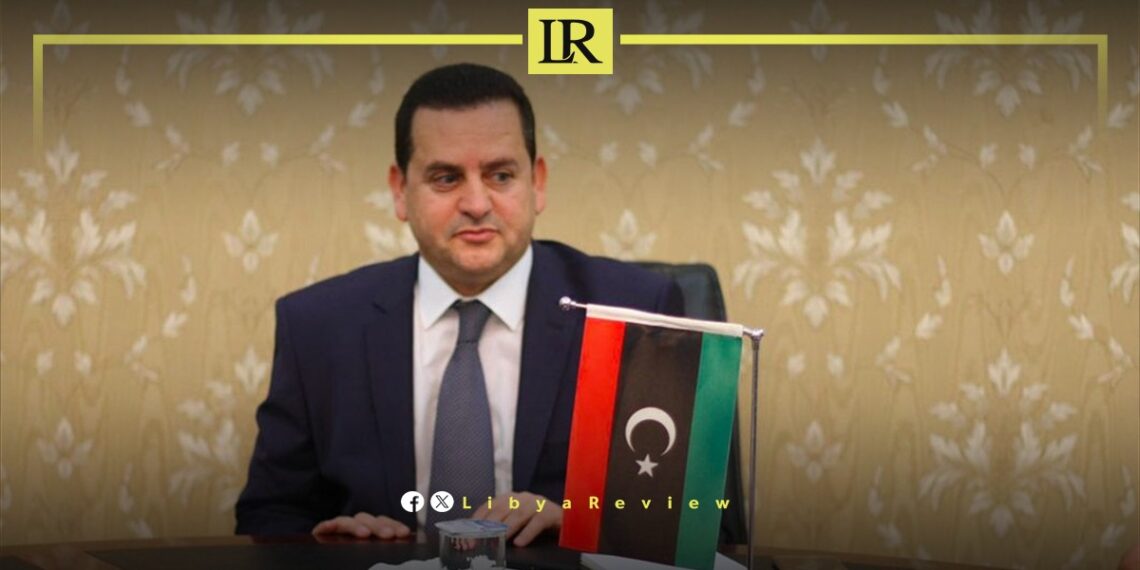The Libyan Foreign Minister of Parliament-designate government, Abdel-Hadi Al-Hwaij, said that the government informed the UN envoy, Abdoulaye Bathily, to listen to all parties to build a comprehensive and credible approach that ensures the continuity of the solution.
Al-Hwaij added that Bathily’s meeting with Prime Minister Osama Hammad is a step in the right direction, and the Eastern-based government is a fundamental, genuine, legal party and part of the political process.
“If Bathily wants the political process to succeed, it is essential to listen to all parties, and we are a legal party because we are a government elected by the House of Representatives, representing the will of all Libyans,” he explained.
He pointed out that the Libyan government is present in almost 80% of the country and works with most municipalities, including those located 40 km away from Tripoli.
“Hammad’s government supports ending the state of division, ensuring a fair distribution of wealth, and involving all parties in the political process,” he concluded.
On Wednesday, Hammad stressed the government’s commitment to providing essential services and ensuring stability across the nation, despite international non-recognition.
Hammad added that the lack of international recognition for his government has spurred the administration to take significant steps towards self-reliance and service delivery to the Libyan people.
During a meeting with the UN envoy to Libya, Abdoulaye Bathily, discussions centered on the political situation in Libya and the path forward to conducting elections eagerly awaited by the populace.
Hammad highlighted the government’s dedication to improving essential services and spearheading reconstruction, particularly noting progress in cities like Derna. He credited the stability and security in the eastern and southern regions to the Libyan National Army’s leadership.
The Prime Minister also reviewed the government’s response to recent crises and natural disasters, including Storm Daniel’s impact on the Green Mountain region and Derna, as well as addressing groundwater issues in Zliten in western Libya.
Hammad pointed out to the UN envoy that the international community’s non-recognition has necessitated a more assertive and industrious approach from the government to overcome challenges facing municipalities and regions in eastern, southern, and some western parts of Libya.


